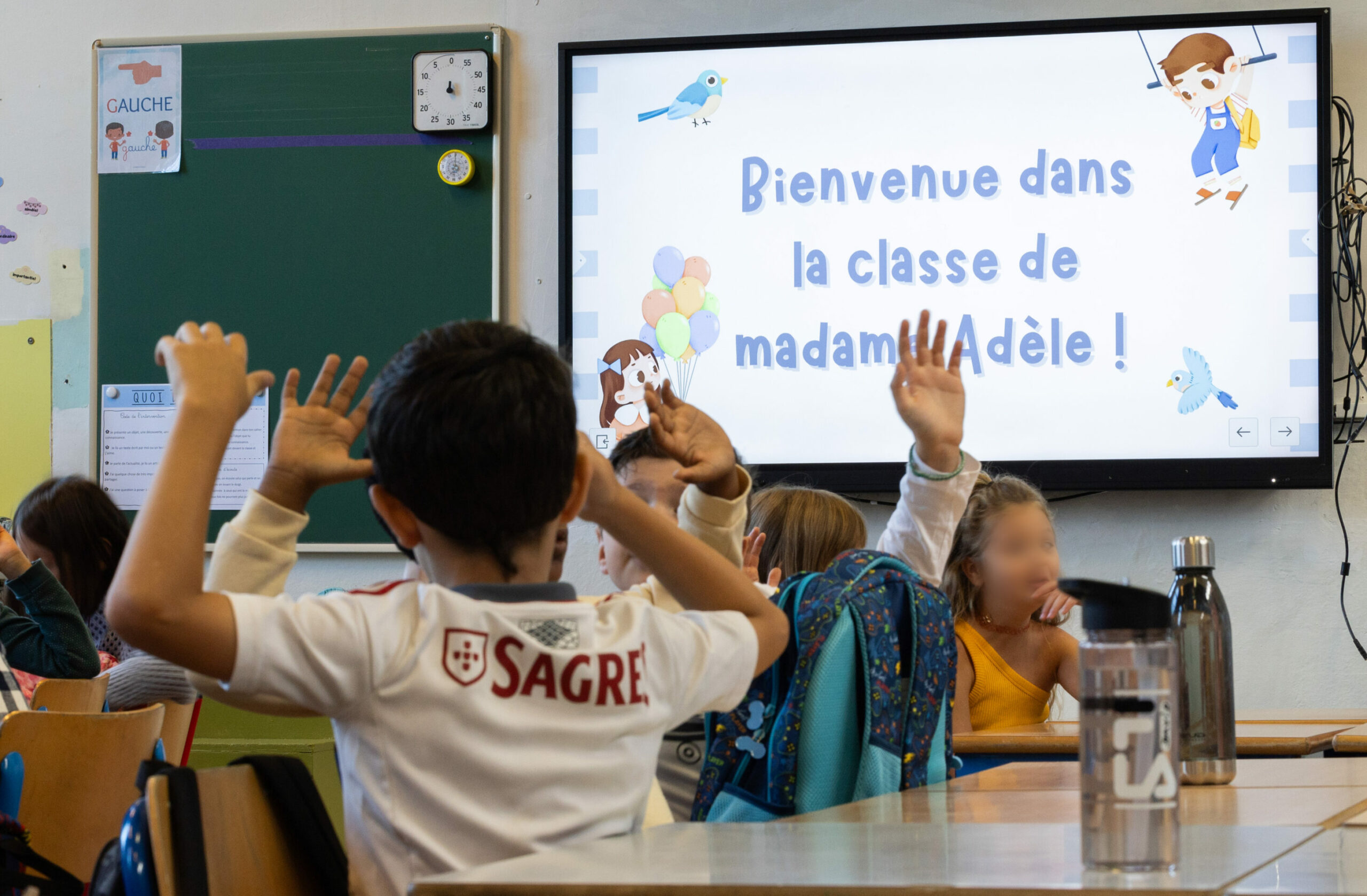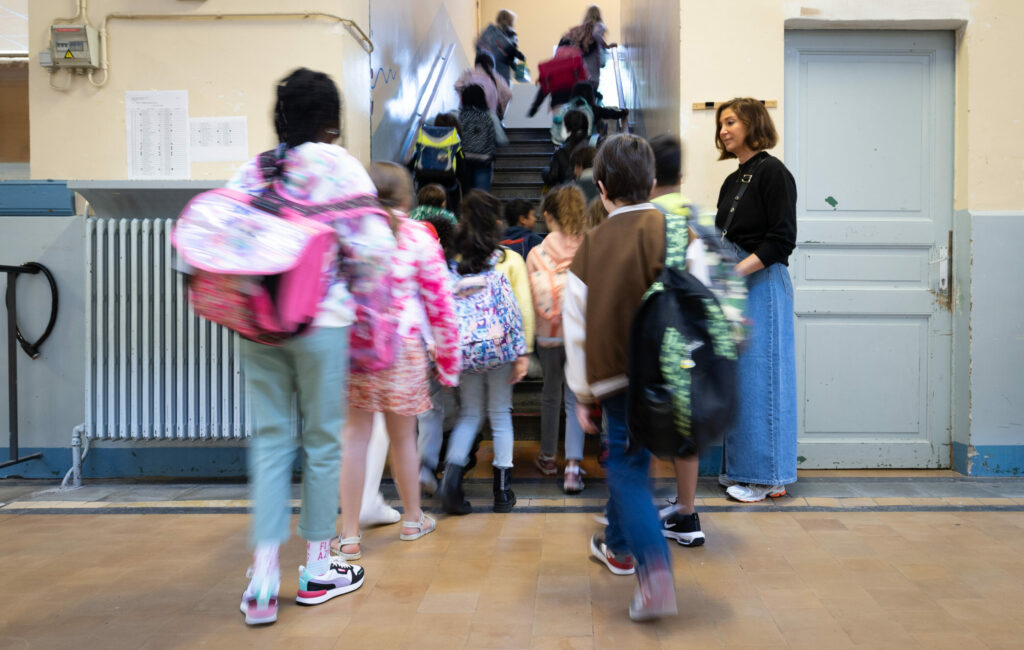While pupils in Francophone education started the new school year last week, those attending Dutch-speaking schools are having their first school day today. But why does Belgium have split calendars?
For the third time now, French-speaking schools in Brussels and Wallonia started the school year a week earlier than their Dutch-speaking counterparts. As a result, the calendars – with exam periods, holidays and various events – on each side of the country are no longer in sync.
"Wallonia mainly restructured its school year to reduce learning loss during the long summer holidays, especially among students from vulnerable socio-economic and socio-cultural backgrounds," sociologist Ignace Glorieux (VUB), who has been researching the subject for over 25 years, told The Brussels Times.
'Summer loss'
Pupils in French-speaking schools in Belgium start the school year a week earlier and end a week later than in Flemish education. To compensate for the two weeks taken off the summer holidays, an extra week is added to both their autumn and spring holidays.
"Additionally, the Easter holidays are detached from the date of Easter, leading to a more balanced distribution of the three semesters. This way, they are always seven or eight weeks," Glorieux said. "I am very much in favour of this system."
Over the eight-week summer holidays, primary school children forget numeracy skills and their language skills deteriorate – a phenomenon which educational experts call 'summer loss'. "The longer the holidays last, the bigger the loss."

Credit: Belga / Benoit Doppagne
While this is the case for all children, Glorieux stressed that it is more evident in children from lower socio-economic classes who receive less or no stimulation at home. As a result, their 'summer loss' is greater in September, which only exacerbates inequality.
"While most middle-class children are stimulated at home and go to summer camps, pick up a language abroad, visit a museum with their parents or read a book, some children do not speak Dutch for two months," Glorieux added. "The first group loses hardly any school knowledge, but the second group falls behind before the school year has even started."
Belgium is among the countries with the longest holidays compared to the rest of Europe. The Netherlands, Germany and Austria all only have six weeks for their summer holidays, for example.
Other priorities
Despite the fact that educational experts in Flanders are only hearing positive signals from the reshuffled calendar in the Francophone part of the country, it seems as if the Dutch-speaking education system is not keen to implement a similar change.
Outgoing Flemish Education Minister Ben Weyts (N-VA) has previously been reluctant to implement the change, citing that the pandemic had shaken up the system enough without adding a restructuring into the mix.
"Our position has always been that there are other priorities in Flanders, such as the quality of education and teacher shortages, which should be resolved first," Weyts' spokesperson Michaël Devoldere told The Brussels Times. "Additionally, there is also no real clarity in Flanders about support for such a reshuffle."

Credit: Belga
Whether a restructuring will take place under the next Flemish Government remains unclear, as Weyts' cabinet declined to comment on which topics "may or may not" be on the negotiation table.
Glorieux understands that the Education Ministry has been hesitant to implement such a major change, but stresses the importance of carrying out a study to see how the new calendar has impacted the French-speaking teachers and pupils.
"We have the experience in our own country, why not compare? It would not take much effort or money," he said. "Besides teachers' and pupils' experiences, we should analyse how the change has impacted parents, youth organisations, and tourism... But such a study has not been done."
Stuck between systems
Particularly in Brussels, Belgium's split system adds an extra layer of difficulty: some parents work in the French-speaking education system but their children go to a Dutch-speaking school, for example. "This is also the case in Germany and the Netherlands, which are split up into different zones that start on different dates."
Still, having one calendar per country (particularly one as small as Belgium) would be helpful, Glorieux contends. "Especially when you consider that the school calendar is not just about school, but has consequences for many other sectors, as well as parents' work calendars."
"It would be a big overhaul. But if it can happen in Wallonia, I do not see why it wouldn't be possible in Flanders."

